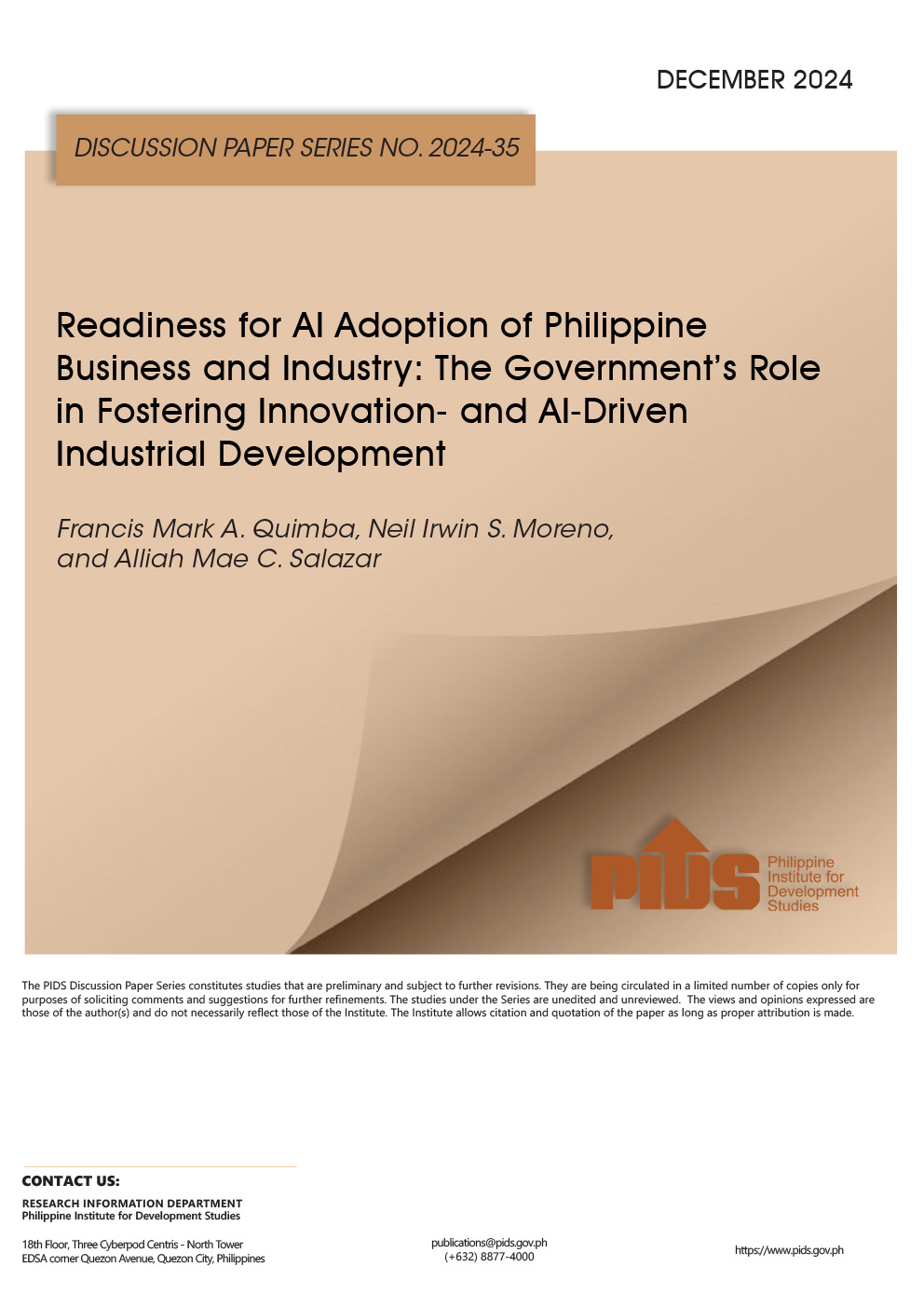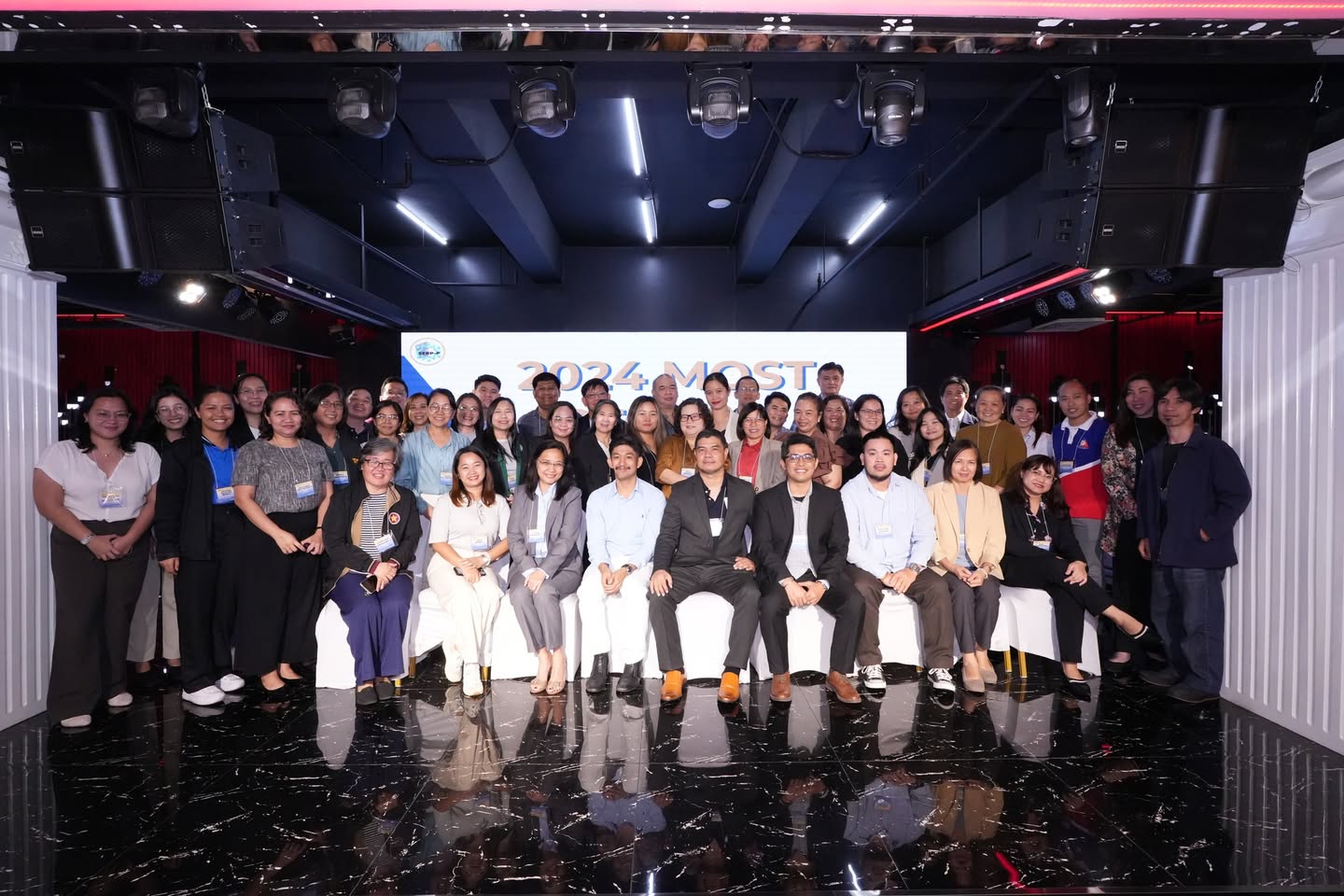MANILA – Socioeconomic Planning secretary Ernesto Pernia has underscored the need to ‘future-proof’ the country’s growing economy against the impact of rapidly changing technologies, as it is poised to become an upper-middle-income country by next year.
During the public policy conference of the Philippine Institute for Development Studies (PIDS), Pernia said the country is among the fastest growing and most dynamic economies in the Asia Pacific.
He said that government is fully committed to enable the Philippines to join the ranks of upper-middle-income countries by 2019, and reduce poverty incidence to 14 percent by 2022. “We must therefore not lose our momentum despite the onslaught of the rapidly changing environment and unnecessary distractions to boot,” noted Pernia, also director general of National Economic and Development Authority (NEDA).
“We must future-proof our economy, given the complex confluence of pressures from rapidly changing technologies, urbanization, climate change, protectionism, and conflict-driven extremism in some parts of the world, as well as political cacophony both local and international,” he added.
The NEDA chief said there is thus a need to harness the benefits of science, technology and innovation (STI) ecosystem to the economy and society, as outlined in the Philippine Development Plan 2017-2022.
“We must upgrade our capabilities to produce and utilize technologies through capacity building and beefing up of research and development programs. It is also imperative to formulate sustainable roadmaps on selected disruptive technologies that will be useful in the near future and, at the same time, will not pose risks to future generations,” he said.
Pernia further emphasized the importance of redefining the role of the government in times of technological change. “The government must not stifle innovation in fact, it must encourage it strongly. Yet, it must also ensure that citizens are protected against cybercrimes, unintended job losses, greater inequality, and disillusionment as the nature of work changes,” he added.












